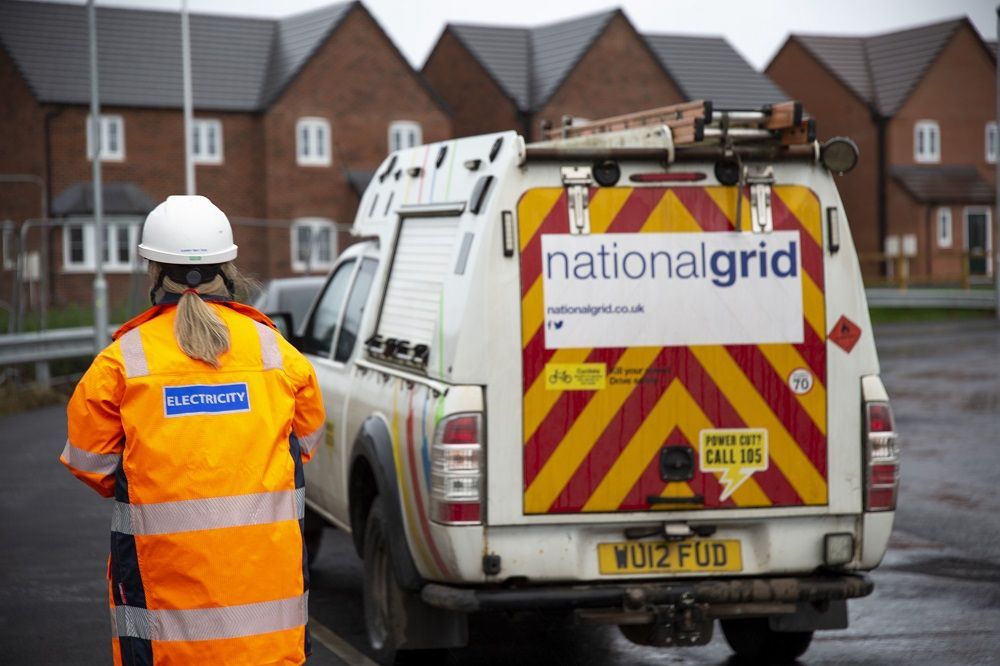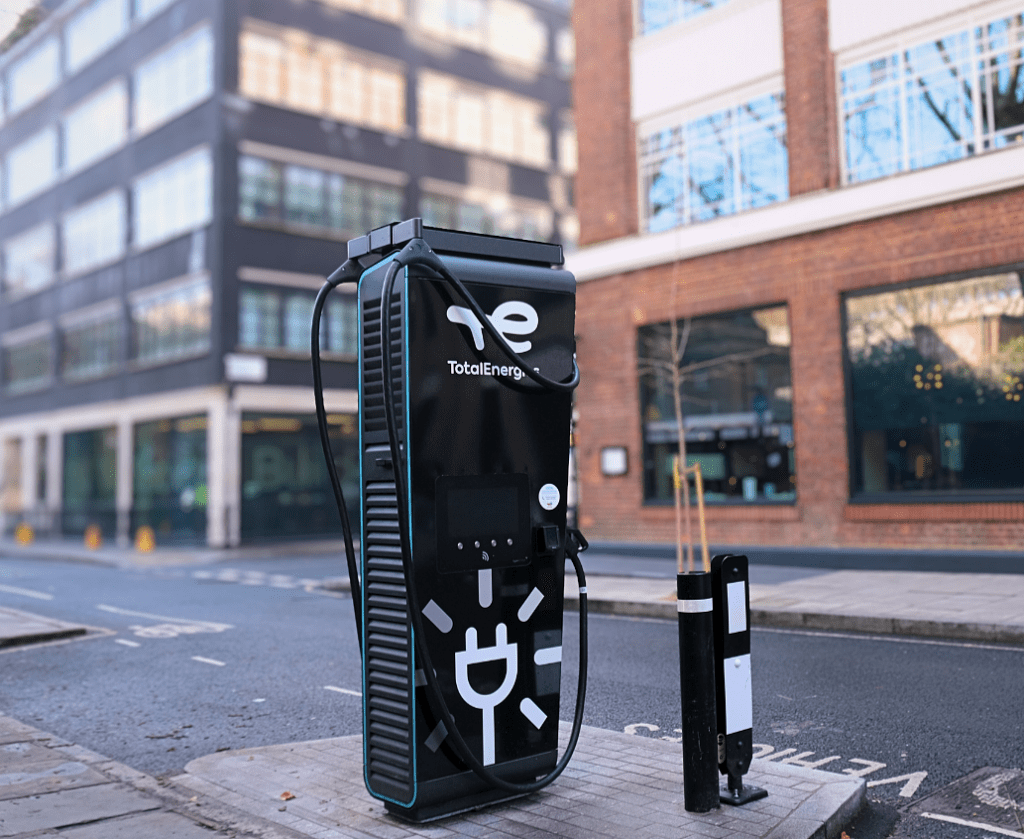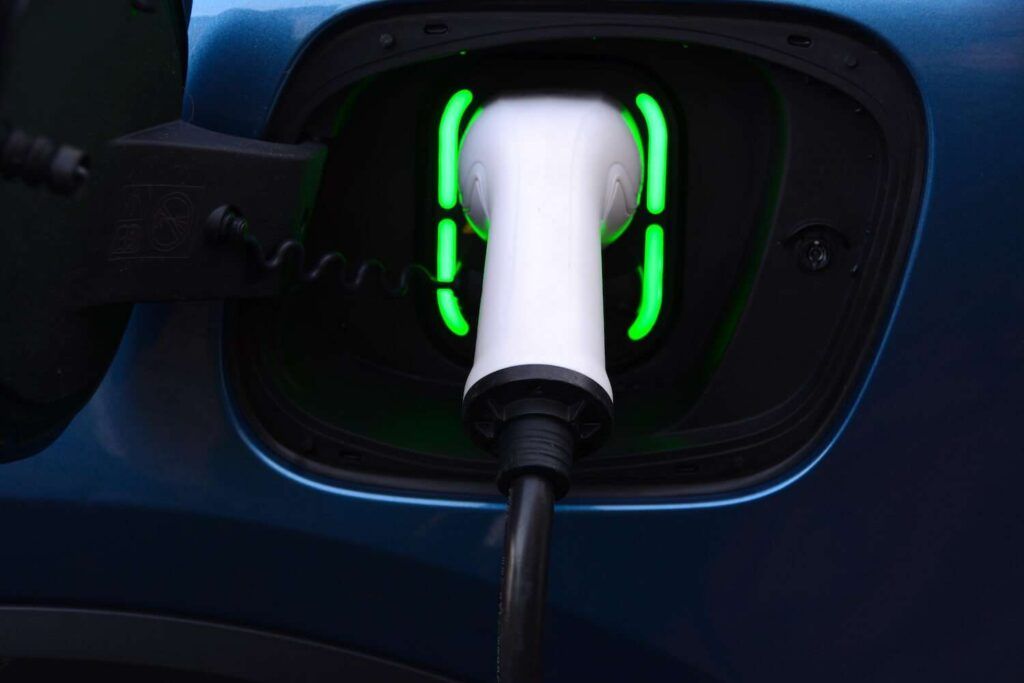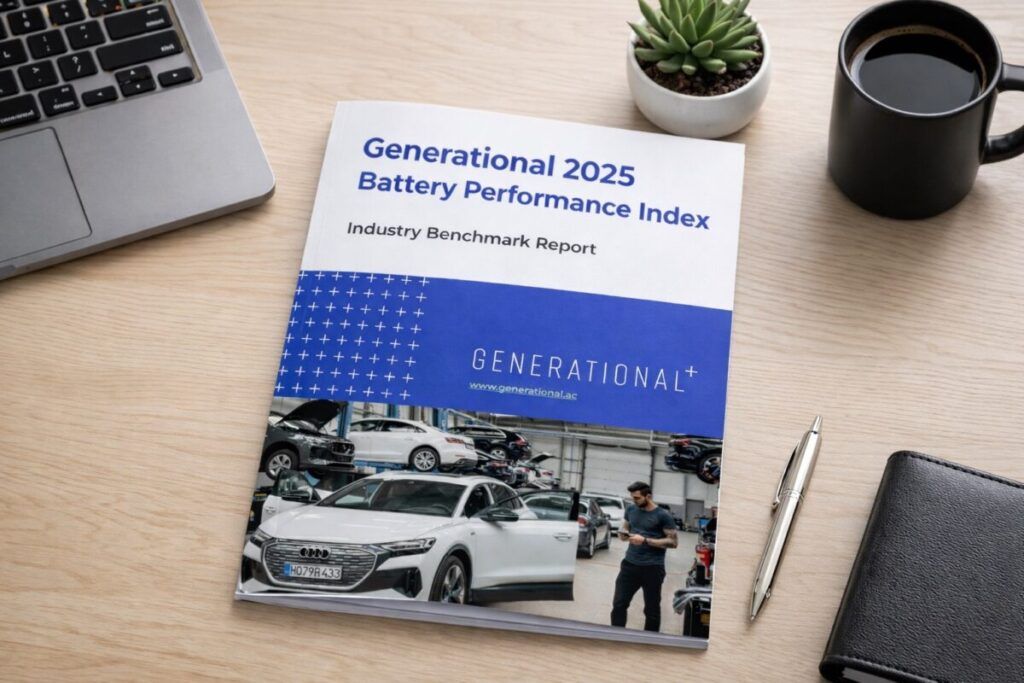National Grid Electricity Distribution is now powering some of its non-electric vehicles with recycled vegetable oil in Lincolnshire.
The trial, taking place at National Grid’s Boston depot, seeks to use Hydrotreated Vegetable Oil (HVO) as a conventional diesel drop-in replacement.
While the network operator is accelerating its fully electric vehicle (EV) fleet, it believes HVO acts as an “important stopgap” to meet decarbonisation goals and reduce carbon emissions while the electric transition is ongoing.
Now use in more than 100 vehicles in Lincolnshire, with an average monthly mileage of 1100, HVO fuel is a fossil free alternative to diesel, derived from used cooking oils, tallows and other recyclable waste. The trial has seen a reduction in greenhouse gas emissions of 89%.
When combined with the 1,000 EVs, including 400 commercial vans and 600 cars in operation, HVO is assisting in reducing the impact that National Grid in Lincolnshire has on the environment and air quality in the county.
Last month, a new fully electric 4×4 utility vehicle also joined the transport fleet after a collaborative project with car manufacturer Skoda, whereby seventy Skoda Enyaqs were converted into light commercial vehicles with all-terrain capability.
Christopher Mayell, Transport Manager at National Grid Electricity Distribution, said:
“As the country’s largest distribution network operator, we have one of the largest fleets in the UK, and we are working tirelessly to deliver more electric vehicles each year where suitable alternatives exist.
“Of course, there are some vehicles where electric alternatives are simply not yet available, but our ambition is to be an industry leader in fleet decarbonisation. Trialling HVO in Boston is a step in the right direction to decarbonise where suitable electric vehicles alternatives are not available. This supports National Grid Electricity Distribution to find innovative ways to decarbonise our operations.
“The results of the trial have shown an 89% reduction in CO2 emissions, which is great news, and means that we can reduce our impact on the local environment in the present, while charging ahead to the electric future.”












